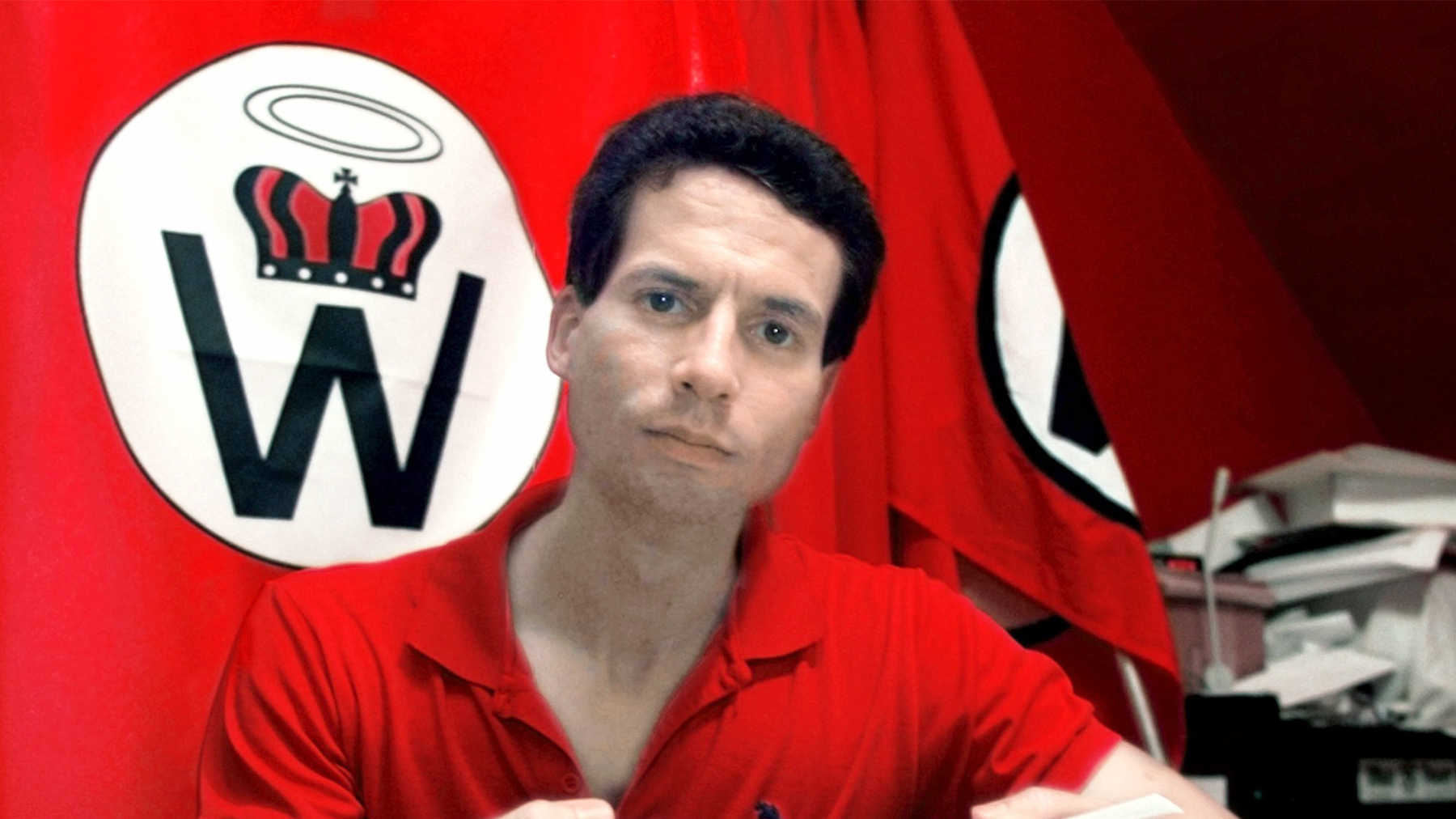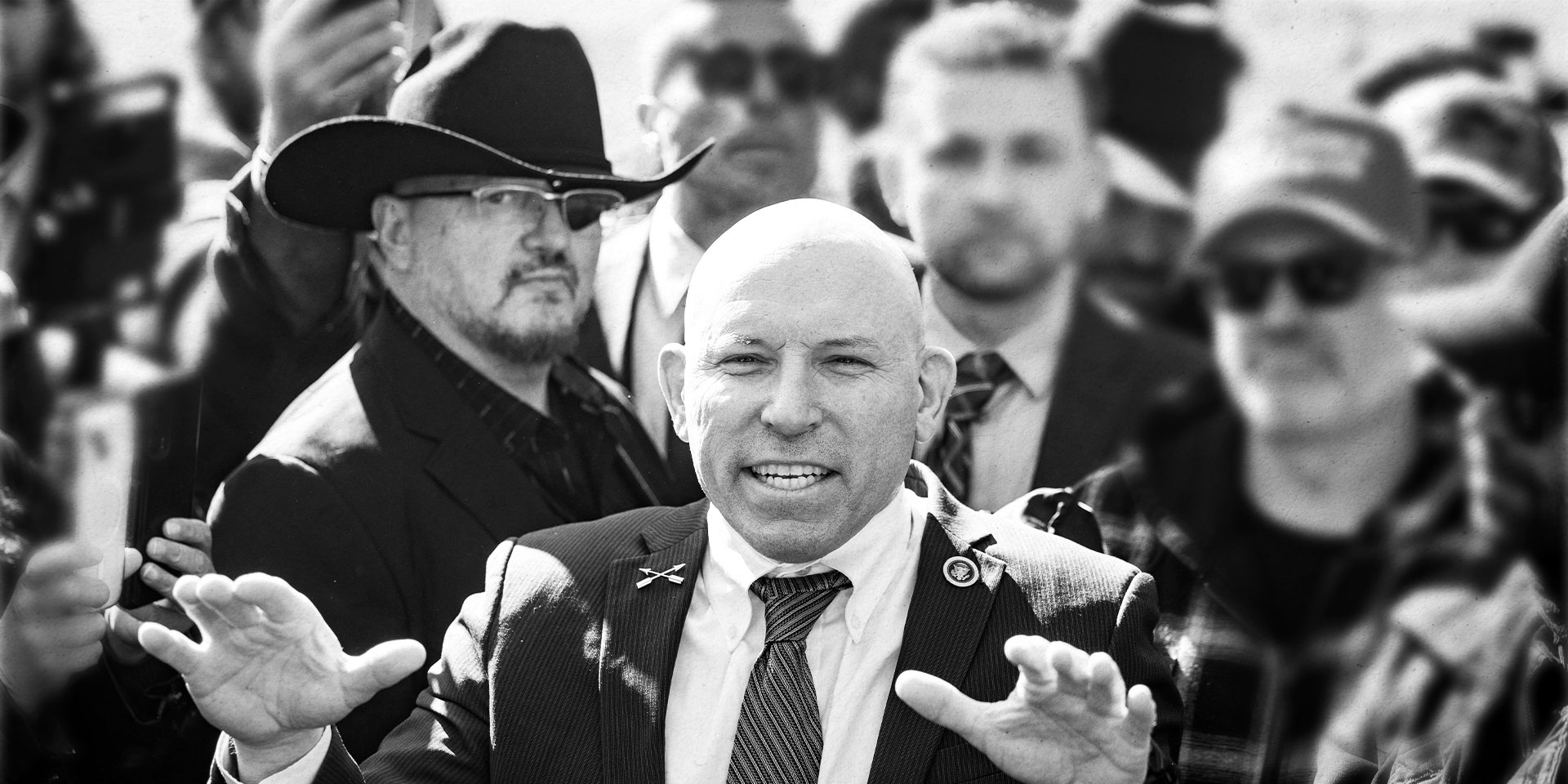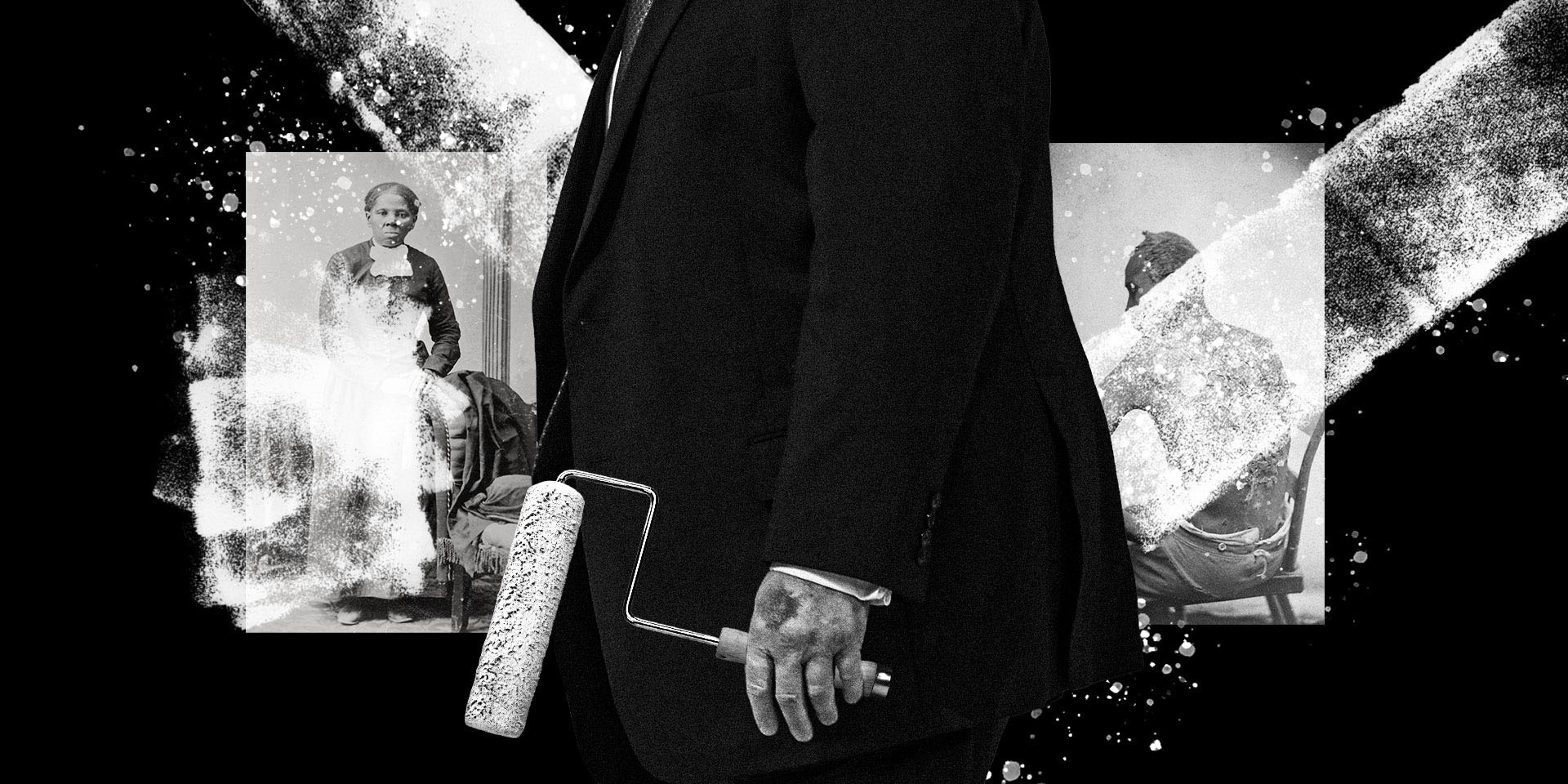A federal appeals court has ruled that Matthew Hale’s hate philosophy, Creativity, isn’t a religion because it focuses almost exclusively on preserving the white race and lacks a coherent set of “ultimate ideas.”
The court’s decision means the Federal Bureau of Prisons can continue to restrict the mail and possessions of Matthew Hale, the neo-Nazi leader of a group now known as the Creativity Movement.
Hale, the self-described “Pontifex Maximus” of the World Church of the Creator, redubbed the Creativity Movement in 2003, is serving a 40-year prison sentence for soliciting a hit man in 2003 to kill U.S. District Judge Joan Lefkow in Illinois. Lefkow previously ruled against Hale and World Church of the Creator in a civil lawsuit.
Hale, 47, is being held at the maximum-security U.S. Penitentiary in Florence, Colorado, best known as “SuperMax.” Federal prisons have strict regulations about what is allowed inside the walls of a facility and, after designating Creativity as a security threat, prison officials began closely monitoring Hale’s mail and possessions.
Hale first sued the Bureau of Prisons in 2014 alleging that prison officials were improperly seizing and censoring his mail and depriving him of the materials needed to oversee his religious movement. A judge in Colorado rejected that lawsuit, even hitting Hale with a bill for $5,200 in court costs.
A three-judge panel for the 10th U.S. Circuit Court of Appeals upheld the lower court’s decision that Creativity didn’t meet the legal standard to be recognized as a religion. The panel found Creativity’s focus on preserving and protecting only the white race robbed it of the “ultimate ideas” needed to be considered a religion eligible for legal protections.
“Instead of addressing existential, teleological, or cosmological matters, Creativity presents only a singular concern of racial dominance, framed in terms of social, political and ideological struggles,” the judges wrote.
Creativity pitched the idea of white people being endangered through a series of commandments, telling followers to ensure that the white race “cannot ever be imperiled again.”
To allow white people to face any jeopardy is “suicidal,” according to church doctrine.
The judges wrote:
This unidimensional focus on racial hegemony, designed to benefit the individual adherents of Creativity, as well as the overall group of adherents, is inconsistent with a binary system of morals and ethics.
Both Hale’s initial legal attack on the Bureau of Prisons and the appeal drew letters to the court from a few dozen Creativity followers from around the country.
Each backed Hale and called the restrictions unconstitutional.
Hale can ask the 10th Circuit to rehear his case. He may also file an appeal with the U.S. Supreme Court.






